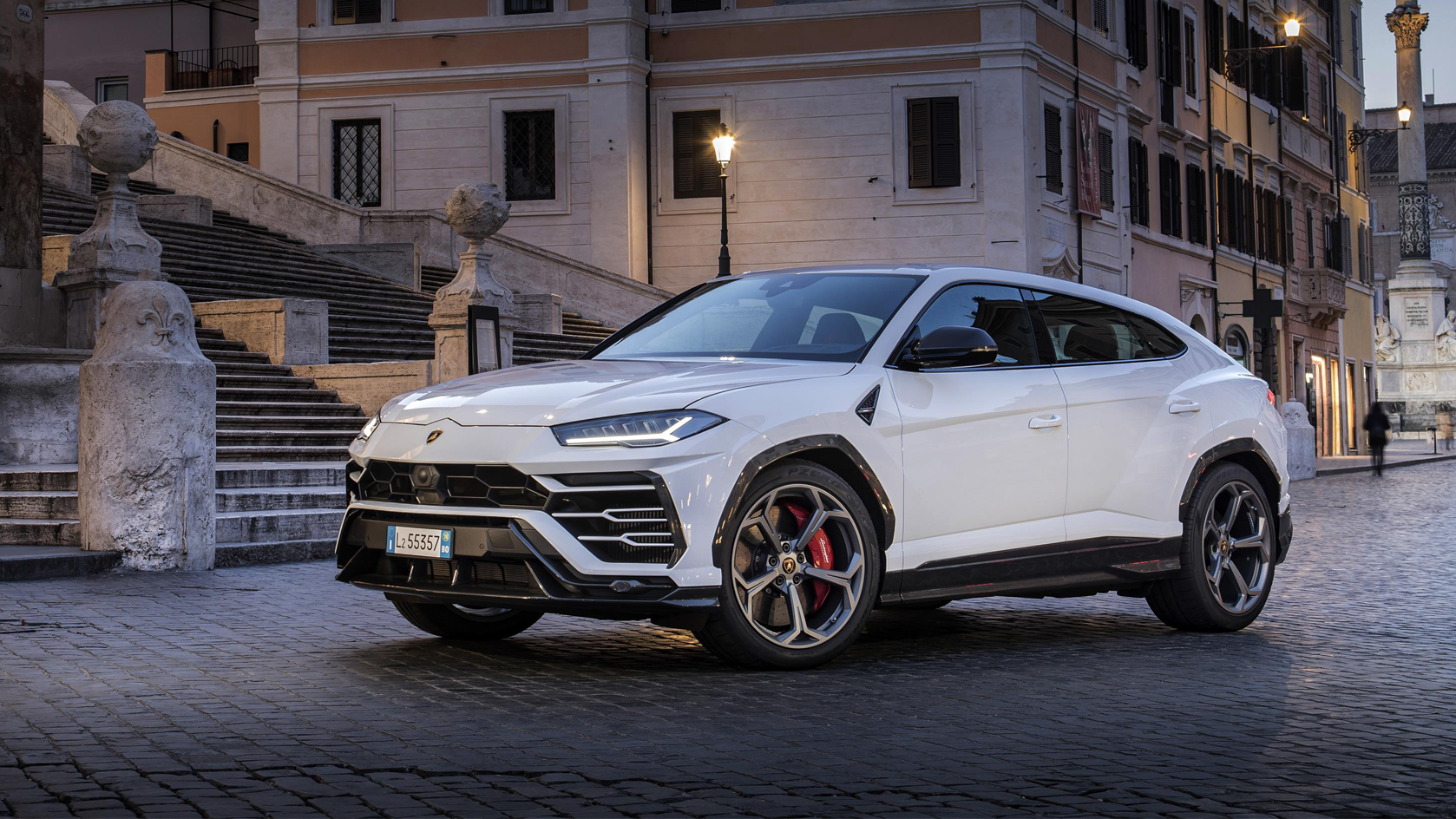Italian but not Italian…

In the complex landscape of global business, the names of products and brands hold significant power. They convey heritage, quality, and identity. However, when brands cross borders, the names can become sources of contention and legal hurdles. A prime example of this is the recent controversy involving Stellantis and the Alfa Romeo Milano.
The Alfa Romeo Milano Controversy
Recently, Stellantis, the world’s largest car company, announced plans to build the new Alfa Romeo Milano in Tychy, Poland. This decision was met with significant pushback from the Italian government. Italy’s industry minister, Adolfo Urso, stated that under a 2003 Italian law, it is forbidden to market “Italian sounding” products that are not made in Italy. This law aims to prevent misleading consumers about the true origin of a product.
The minister argued that a car named after Milan, a quintessentially Italian city, must be produced in Italy to avoid giving consumers a misleading indication. The issue here reflects a broader challenge in global branding—balancing cost and production efficiency with brand integrity and local sentiments.
Stellantis Reaction
Stellantis appeared to take the name change well and their press release on the matter even arguably included a “dig” at the Italian government. In the text extracts from the press release below italics have been added by us to highlight the comments about the government).
- During one of the most important weeks for Alfa Romeo’s future, an Italian government official declared that the use of the name “Milano” – chosen by the Brand for its recently unveiled new compact sports car – is banned by law.
- Despite Alfa Romeo believing that the name met all legal requirements and that there are issues much more important than the name of a new car, Alfa Romeo has decided to change it from “Milano” to “Alfa Romeo Junior” in the spirit of promoting mutual understanding.
- The Alfa Romeo team would like to thank the public for the positive feedback, the Italian dealer network for their support, journalists for the enormous media attention given to the new car, and the government for the free publicity brought on by this debate.
The Champagne Paradigm
Similar to the Alfa Romeo situation, the Champagne region in France has faced its own battles over naming rights. The term “Champagne” is legally protected under the rules that govern geographical indications in the EU. This means that only sparkling wine produced in the Champagne region of France can be legally labelled as Champagne.
This protection is enforced to maintain the reputation that has been built around Champagne’s unique quality and origin. This approach has been crucial in preserving the economic and cultural value associated with products from this region.
Other Examples in Global Commerce
- Feta Cheese: The European Union protects the name “Feta” for cheese that is exclusively produced in certain areas of Greece, using traditional methods. This protection is based on the premise that certain qualities, tastes, and reputations are inherently linked to the region’s specific characteristics.
- Tequila: Similarly, Tequila is geographically protected, meaning that it must be produced in specific regions of Mexico, primarily in the state of Jalisco. This designation protects the authenticity and quality of Tequila, tying it directly to its place of origin.
- Parmesan Cheese: In another notable case, “Parmesan” cheese in Europe is protected under the name “Parmigiano-Reggiano”, which must be produced in specific areas of Italy. However, the term “Parmesan” is used more loosely in other markets, including the U.S., which has led to ongoing disputes about naming rights and authenticity.
Business and Legal Implications
These examples underscore the delicate balance that companies must manage when globalising their brands. Adhering to geographical indications not only respects local traditions and industries but also ensures that consumers are not misled about the origins and authenticity of products.
For business students, these cases illustrate the importance of understanding international business law, cultural significance, and consumer perception in global marketing strategies. Companies must navigate these complexities to build and maintain trust with consumers worldwide.
Conclusion
The case of the Alfa Romeo Milano highlights a larger narrative about the importance of geographical names in branding. As global markets continue to integrate, businesses must be increasingly aware of the legal and cultural implications of their branding decisions. The intersection of law, culture, and business strategy in these matters is complex but essential for maintaining the integrity and value of global brands. Whether it’s a luxury car or a bottle of fine Champagne, the name carries weight, and with it, a responsibility to honour its origin and heritage.











